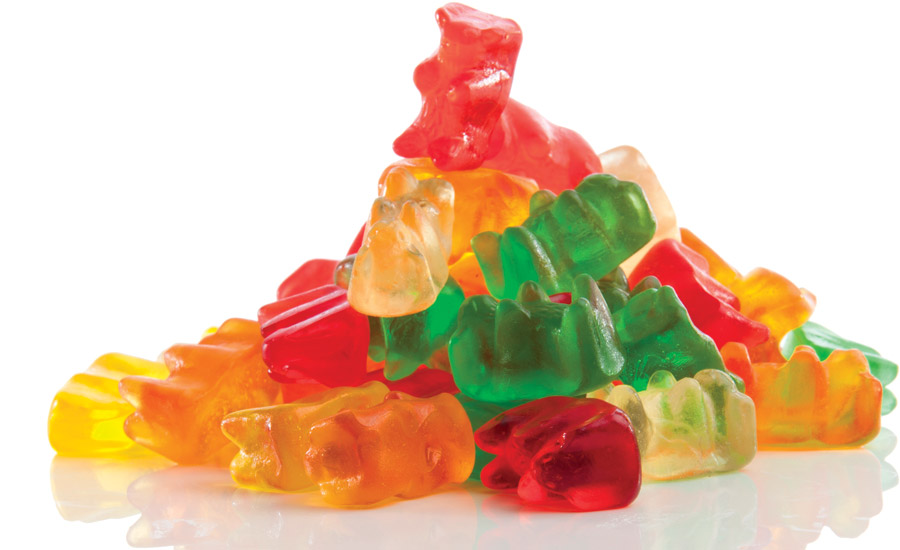Generic has come a long way since I was a kid. First and foremost, of course, nobody even calls it generic anymore. No, the much more sophisticated “private label” has become the go-to terminology.
And it turns out, consumers want the products to be more sophisticated now, too.
Nielsen recently released an article called “The rise of premium private label and its impact on discount retailers.” It details the changes occurring in the private label sector.
“From a sales perspective, the rise of private label is clear,” the article reads. “Across U.S. outlets, they have amassed over $143 billion in sales over the latest year, a figure that’s up nearly $14 billion since 2015.”
There’s been an interesting shift in how consumers perceive store brands, though.
“Today, consumers are much more willing to splurge for store brands than they would for name brands,” Nielsen says. “Forty-percent of surveyed Americans say they would pay the same or more for the right store branded product, while only 26 percent of those surveyed feel that name brands are worth the extra price.”
In short, consumers are willing to spend more money — but only for products that they perceive as having a good value.
Nielsen also says that “stigma and stereotypes have faded for store brands and name brands, respectively.”
As someone who entered the workforce right before the 2008 recession, I’d argue that there’s a case to be made that it played a role in the changing views toward store brands. And that those effects are lingering.
How does this look in practice? In short, people want to buy store brands from high-end retailers.
“With a premium face-lift on many private-label products, we’ve seen an interesting impact on discount grocery stores,” Nielsen says. “U.S. value grocery outlets, including the likes of ALDI and Lidl, have collectively seen a 4 percent decline in private-label share of wallet. Meanwhile, stores with premium products, such as premier fresh grocery stores like Whole Foods, Sprouts and Fresh Market, have continued to see lifts in private-label sales.”
It sounds like people want to shop at high-end grocery stores, but they still want to save money where they can. A low-end product at a high-end store seems to have the same value as a high-end product at a low-end store — at least in the minds of consumers.
So where does this leave candy makers? Well, consumers may be more willing to buy your premium confections if they are offered under a private label brand. And you don’t have to worry that selling under a store brand will make the product look cheap somehow — especially if you do it in high-end store.

